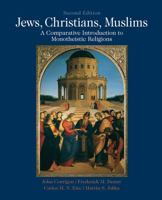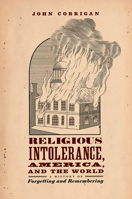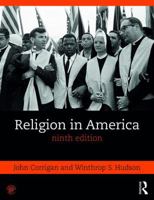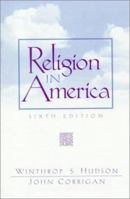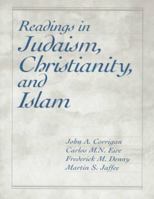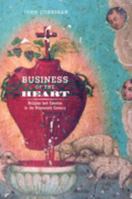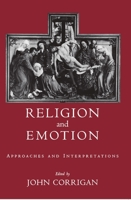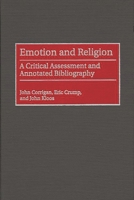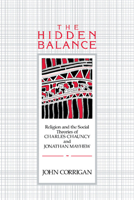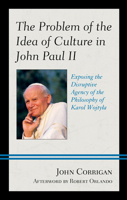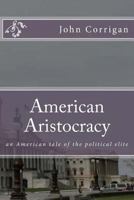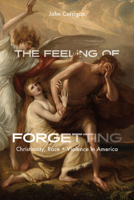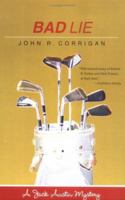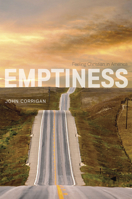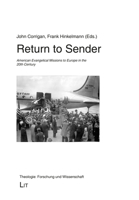The Prism of Piety: Catholick Congregational Clergy at the Beginning of the Enlightenment (Religion in America)
The first study to focus on catholick congregationalism, this book illustrates the manner in which the Enlightenment first affected American religious thought and describes the crystallization of a set of terms that continued to guide American thought in the Age of Reason. This book attacks the widely accepted ideas, propounded by Perry Miller, that Enlightenment ideas hastened the demise of religion in eighteenth-century New England. Corrigan argues that Miller misread and misunderstood those New England theologians who were most influenced by the Enlightenment in the early eighteenth century. On Corrigan's reading of these same writers, Enlightenment ideas actually contributed toward the revitalization of congregationalism during this period. Corrigan analyzes the writing of a group of Boston ministers--Benjamin Colman, Nathaniel Appleton, Ebenezer Pemberton, Benjamin Wadsworth, Thomas Foxcroft, and Edward Holyoke--and finds that the catholicks welcomed Enlightenment thought as a needed counterbalance to prevailing views of the world and society as corrupt and dangerous and used them to promote a return to trust in religious community.
Format:Hardcover
Language:English
ISBN:0195067584
ISBN13:9780195067583
Release Date:November 1991
Publisher:Oxford University Press, USA
Length:216 Pages
Weight:0.88 lbs.
Dimensions:0.9" x 5.8" x 8.6"
More by John Corrigan













